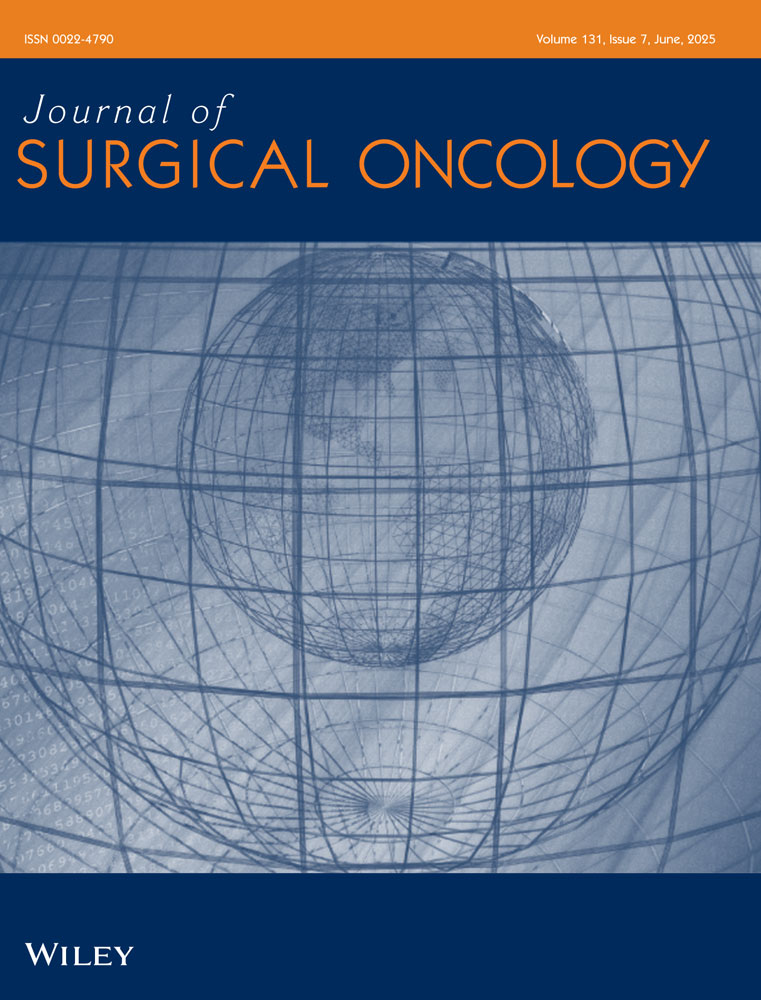Impact of Reaching the Medicare Part D Drug Benefit Threshold on Surgical Care and Health Outcomes Among Patients Newly Diagnosed With Gastrointestinal Cancer
ABSTRACT
Background
Medicare Part D covers outpatient prescription drugs for elderly beneficiaries, but requires full cost coverage once the coverage gap threshold is reached. We assessed the impact of reaching Medicare Part D threshold on out-of-pocket costs (OOP), timely treatment, and outcomes for patients with gastrointestinal (GI) cancer.
Methods
Individuals newly diagnosed with GI cancer between 2007 and 2019 were identified from the SEER-Medicare database. OOP costs were calculated for the year of diagnosis. Multivariable regression models compared timely surgical care and mortality risk among patients who did and did not reach the coverage gap threshold.
Results
Among 35 745 Medicare beneficiaries diagnosed with colorectal (50.7%), pancreatic (19%), and liver (30.4%) cancer, median age was 76 years (IQR: 71–82), and 56.6% were female. Notably, 48.9% (17 479) of patients reached the Medicare Part D threshold in the year of cancer diagnosis. Mean OOP cost for patients who reached the threshold was $1060 (SD: $1417) vs. $268 (SD: $270, p < 0.0001) for individuals who did not. On multivariable analysis, patients who reached the threshold were more likely to delay [OR: 1.13, 95% CI: 1.03–1.24] or not receive surgery [OR: 1.40, 95% CI: 1.27–1.54], and had a higher risk of 5-year mortality [HR 5-year: 1.12, 95% CI: 1.09–1.15, p < 0.0001] regardless of comorbidity status, cancer site, and disease stage.
Conclusion
Reaching the coverage gap threshold was associated with delayed or non receipt of surgical treatment, which resulted in increased long-term mortality. Lowering the Part D threshold through policy adjustments may reduce financial strain and improve health outcomes for cancer patients.
Summary
-
Reaching the Medicare Part D coverage gap threshold resulted in delayed or non receipt of surgical treatment for gastrointestinal cancer, which was associated with increased long-term mortality.
-
Lowering the Part D threshold through policy adjustments may reduce financial strain and improve health outcomes for patients with GI cancers.
Conflicts of Interest
The authors declare no conflicts of interest.
Open Research
Data Availability Statement
The data for this study were obtained from the Medicare database. There are restrictions to the availability of this data, which is used under license for this study. Data can be accessed with permission from the Centers for Medicare and Medicaid Services.




